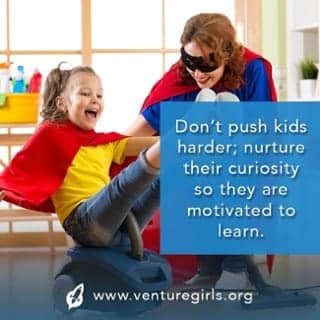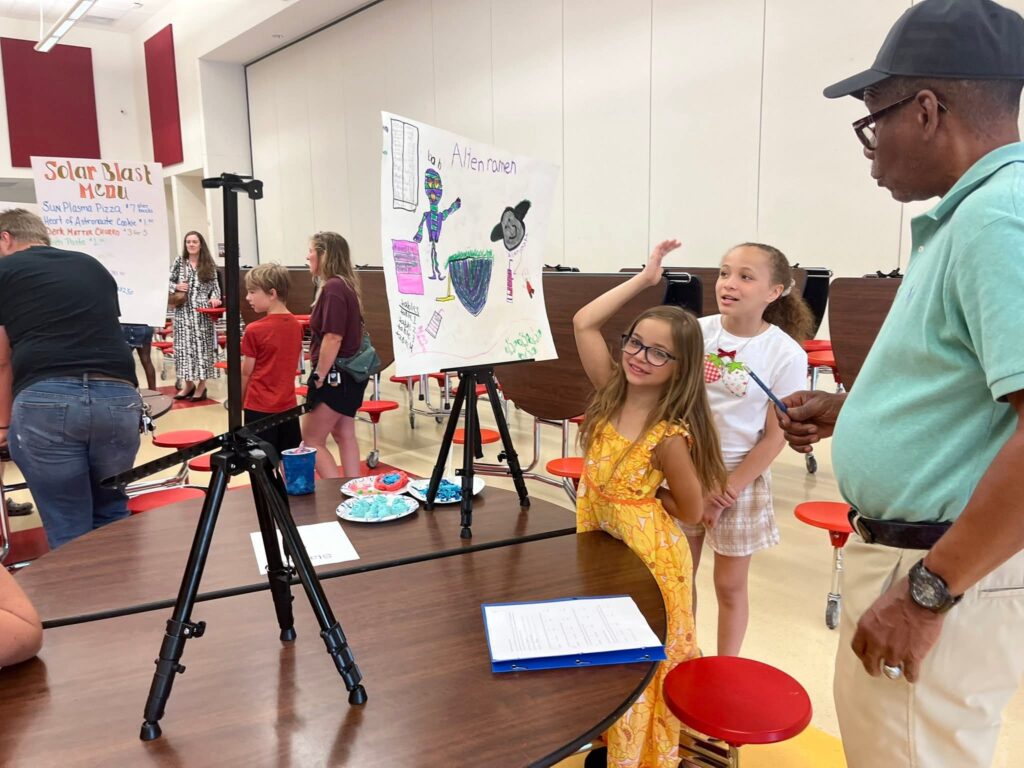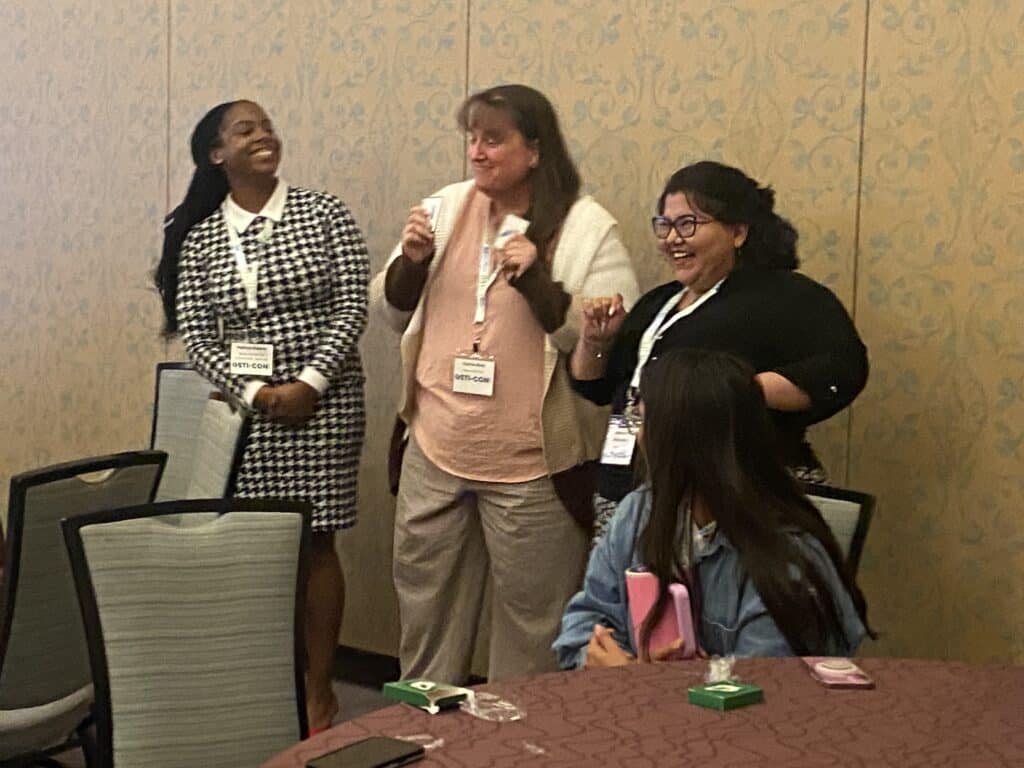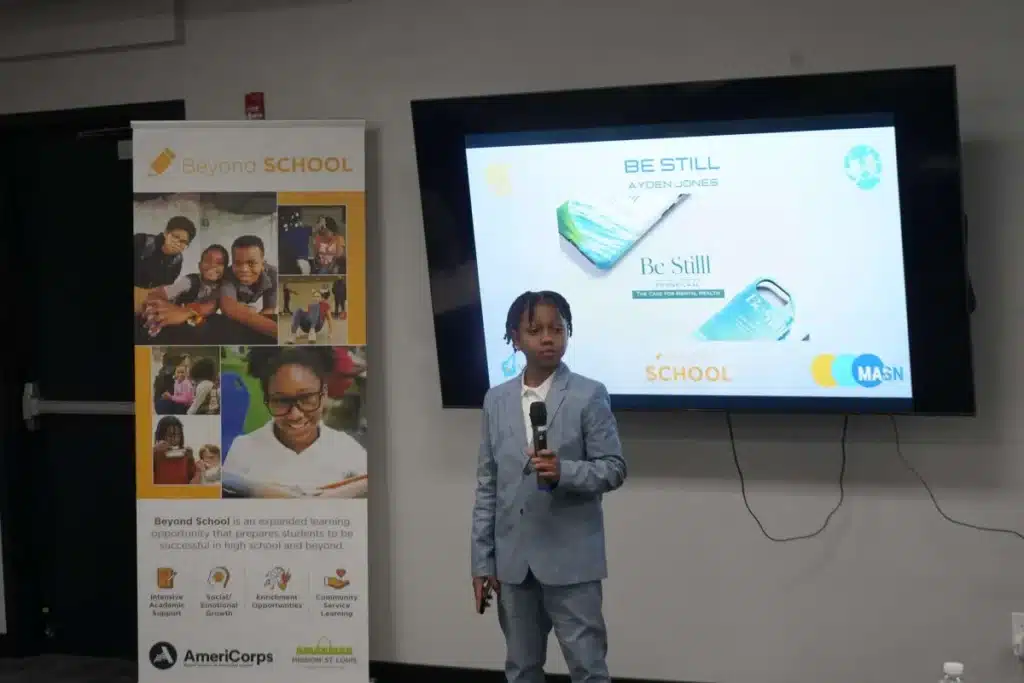“Improv makes you an amazing listener,” says Kevin Benson, who coaches entrepreneurs. “Listening involves more than just speaking and hearing. Listening is a deeper level of awareness for the communication and messages being sent by others.”
Improv performers learn to pay attention to details and nuances that can open up a scene to entirely new creative territory. Likewise, entrepreneurs who listen carefully can uncover opportunities.

“Listen more than you talk,” advises entrepreneurial magnate Sir Richard Branson, founder of Virgin Group, which comprises 400 companies.
Branson started his first company, a magazine called The Student, at age 16. Now, he says, “I always carry a pen and notebook, not to mention an iPad, to note my thoughts. You never know what you might learn from simply listening to the people around you,” he says. “Whether it is an attendant on a train, an engineer beneath a spaceship of a customer service rep at a computer, I am endlessly surprised by what new and useful information I can gather just by keeping my ears open.”
Entrepreneurial learning sparks curiosity by connecting to girls’ interests, which are as diverse as they are. Try throwing a question such as: “What is your pet peeve?” to a group of girls. Within a few minutes, nonstop brainstorming might yield a wide array of topics, such as these sample improv topics and questions:
- Our dog barks too much. It hurts my ears!
- Why won’t the soccer ball go where I’m aiming?
- Why do I always have to read a Harry Potter book before I see the movie?
- I hate being stuck in traffic.
- My cat scratches me when I try to clip her claws.
- My brother drinks all the milk. All I get is an empty carton.
- I am so tired of listening to politicians.
Any single pet peeve can lead to a torrent of creative problem-solving. To lead an entrepreneurial class, cultivate improvisational spirit and free-range curiosity. In entrepreneurial brainstorming, each idea has the potential to inspire teams to generate more ideas with yet more possibilities, piggybacking and ricocheting until they have a richer and more exciting array. The goal is not to push kids harder, but to nurture their curiosity so that they are intrinsically and internally motivated to go forth and acquire knowledge.
I’d love to hear how the girls in your life pursue knowledge. What do you do to encourage them? Thank you for sharing.



